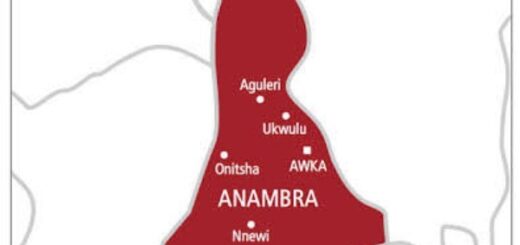Diri decries use of women, children as shields at illegal refineries
 Bayelsa State Governor, Senator Douye Diri, has raised alarm over a disturbing trend in oil bunkering operations, where women and children are reportedly being used as human shields at illegal refining camps in the state.
Bayelsa State Governor, Senator Douye Diri, has raised alarm over a disturbing trend in oil bunkering operations, where women and children are reportedly being used as human shields at illegal refining camps in the state.
Diri disclosed this on Tuesday during a meeting with first-class traditional rulers and local government chairmen at the Government House, Yenagoa.
He described the situation as worrisome and called for urgent collective action to address the issue.
“The report I received recently is that at illegal bunkering sites, they now have children and women, which is a dimension I have never heard before,” Diri said.
He added, “Sometimes, when the military are authorised to destroy those camps and they get there on reconnaissance, they discover that children and women are used to shield those places. So, we all have to work together in our domains to educate our people.”
The governor noted that the trend is gaining ground in riverine communities such as Brass, Ekeremor, Nembe, and Southern Ijaw local government areas. He urged traditional rulers to take proactive steps by sensitizing their subjects to the health and environmental dangers associated with illegal oil refining.
“There was a situation where the military moved in and discovered that children and women were there and had to withdraw,” he explained.
Diri appealed to the monarchs to report oil bunkering activities within their jurisdictions to the government, emphasizing that combating the menace requires collaborative efforts.
Efforts to Tackle Illegal Refineries
Despite intensified operations by security agencies, illegal refining of crude oil has continued to thrive in Bayelsa State.
To curb the activities, the state government had earlier directed local government council chairmen to establish vigilante groups tasked with monitoring and reducing incidences of oil bunkering in their areas.
The governor reiterated the importance of tackling the menace, highlighting its devastating impact on human health, the environment, and the state’s economy.













